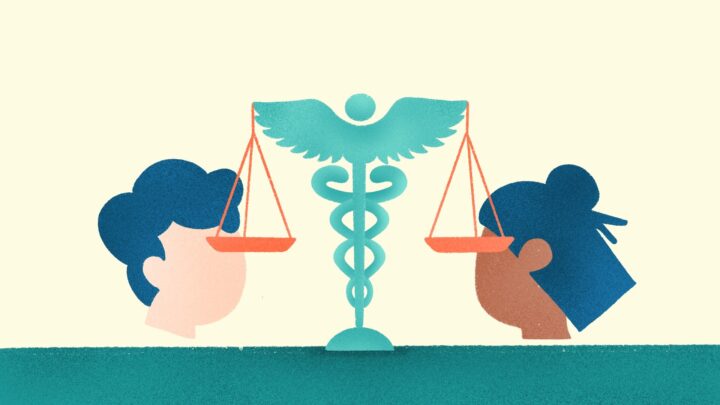
A recent Sermo poll highlights a concern among the physician community after the Trump administration revoked $11.4 billion in federal funding for addiction and mental health care. 53% of physicians surveyed said the cuts will have a significant negative impact on patient care in their practice. Another 18% foresee a moderate impact.
When asked which areas would be most affected, 58% of physicians said “all of the above” encompassing access to addiction treatment, counseling, and preventive education. The cuts, many warned, would most severely impact vulnerable populations.
“Sadly, it affects a part of the most vulnerable population and those who suffer the most discrimination.” – Pediatrician on Sermo
“These programs are not optional, they are essential.” – Pathologist on Sermo
Providers also fear long-term system strain:
- 48% predict worsening outcomes for patients with chronic mental health conditions
- 25% expect increased ER visits and hospitalizations
- 15% foresee greater strain on providers and community services
How are physicians preparing for the fallout?
Doctors are already exploring ways to mitigate the impact.
- 25% said they plan to advocate for local/state support
- 24% will refer patients to lower-cost or community services
- 17% are increasing telehealth or digital therapy use
Still, other physicians expressed frustration:
“Emergency rooms will be overloaded.” – Psychiatrist on Sermo
“Those who have money/resources will still get care, the others are out of luck.” – OB-GYN on Sermo
“Mental health is vital for all human beings. So much so that a country’s economy depends on it.” – General Practice physician on Sermo
Physicians were also clear on one point: they don’t believe the cuts are justified. 52% said the reallocation is not defensible, and only 15% agreed with the decision.
Key takeaway
The Sermo community views the $11.4B funding cut as a serious threat to addiction and mental health care. The ultimate consensus amongst physicians on Sermo is that these programs are critical to public health. Physicians are urging for policy reversal and preparing for an increase in patient needs, ER visits, and care delays.















